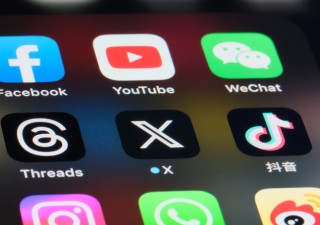Is your brand well-known in another country?
31 May 2024

Brand owners considering expansion to Indonesia will be pleased to learn that Indonesian trademark law recognizes well-known trademarks, says Reagan Roy Teguh. But, he says, in a burgeoning market, understanding the ins and outs of well-known status and legal protections is vital.
Growing a brand or trademark in business takes a great deal of effort and investment. Your brand may be recognized or even well-known within your own country. But what happens when your business expands to other countries? Is your brand still as well-known – or even recognized?
It might not be. However, there’s good news for IP owners with an eye on Indonesia: Indonesian law recognizes well-known trademarks, offering a certain degree of protection for the owner. If you’ve already registered your mark in Indonesia or through the Madrid Protocol, well done. But what if you haven’t? Or what if your mark is already registered by another party?
Under Indonesia’s trademark law, a registration application should be rejected if the mark is similar to a well-known trademark for similar goods and/or services. So how do we determine if a mark is well-known? Here are the factors to consider in Indonesia:
- Degree of recognition: How well is the mark known in the relevant business sector?
- Sales volume and profitability: How much does the mark contribute to your sales and bottom line?
- Market share: What percentage of the market does the mark hold?
- Geographic coverage: Where is the mark known and used?
- Duration of use: How long has the mark been in use?
- Promotion efforts: How much investment has been made in promoting the mark?
- International registrations: Is the mark registered in other countries?
- Enforcement record: Has the mark been successfully enforced against infringement?
- Reputation and quality: What is the reputation of the goods or services associated with the mark?
An application should also be rejected if the mark is similar to a well-known mark for different goods and/or services under certain conditions, namely by submitting an objection supported by evidence of your mark’s well-known status and its registration. Legal action can also be taken in Indonesia’s Commercial Court for deletion or cancellation under certain conditions.
While there have been a few cases involving well-known marks in Indonesia, the determination of whether a mark is well-known is still evolving from previous laws. With rapid advancements in digital technology, authorities are now better equipped to determine the status of foreign brands and marks, which will definitely assist with the determination process.
In short, it’s essential to protect your brand, especially in burgeoning foreign markets like Indonesia. Understanding the ins and outs of well-known status and legal protections is vital.








